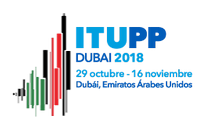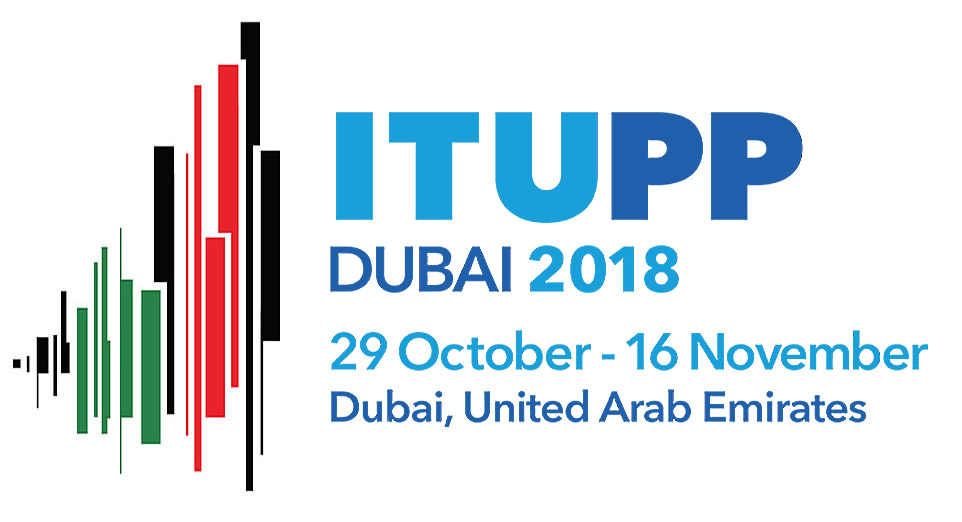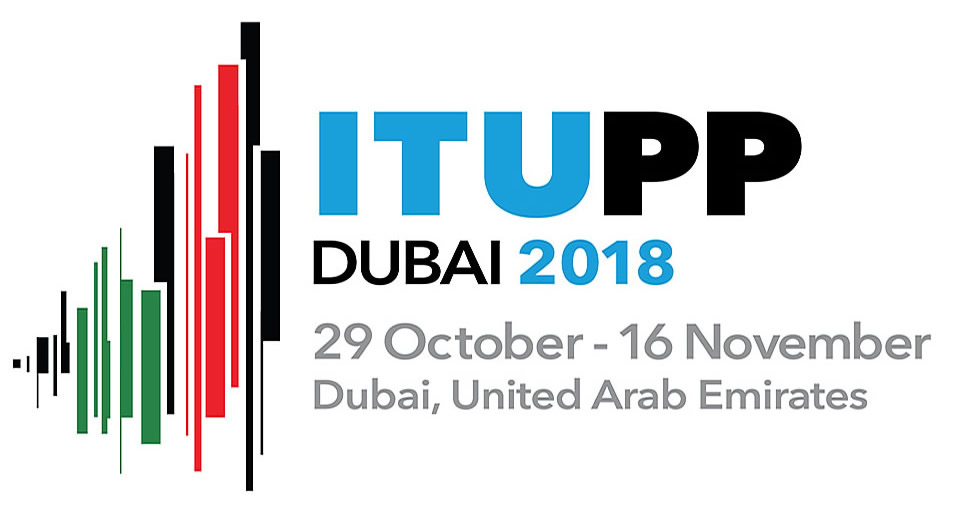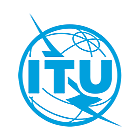Chairman
Your Excellencies Heads of Government
Excellencies Ministers
Excellencies Heads of Delegation
ITU Elected Officials & Staff
Distinguished Delegates
Ladies and Gentlemen
A very warm Good morning.
The delegation of Botswana expresses its gratitude to the Government and the people of the United Arab Emirates for the hospitality extended to us since our arrival in this great city of Dubai. We wish to equally congratulate you on your appointment as Chairman of the Plenipotentiary Conference 2018.
Chairman, as a member of the ITU family, Botswana has always supported international cooperation endeavours and not least the work of the ITU in its concerted effort to ensure ubiquitous access to ICTs.
In pursuit of the objectives of our National ICT Policy and the ITU Connect 2020 Agenda pillars of growth, inclusiveness, sustainability, innovation and partnerships, Botswana continues to pursue various policy, regulatory and developmental initiatives geared at accelerating access to communications services.
On his inauguration, our 5th President, His Excellency Dr. Mokgweetsi Eric Keabetswe Masisi, pledged unwavering support for those initiatives targeted at creating an enabling environment that will facilitate development of the digital and knowledge-based economy. His vision ties in with the strategic refocusing of the national ICT sector to provide better service delivery, improved oversight and efficient resource utilisation approved by Government last year.
Botswana invested in the East Africa Submarine Cable System (EASSy) and West Africa Cable System (WACS) to ensure sufficient broadband connectivity to the rest of the international community. Subsequently government established Botswana Fibre Networks (BoFiNet) as a wholesale provider and mandated it to lease bandwidth capacity to service providers on an open access principle. The move has led to improvement in broadband internet speeds with corresponding reduction in Internet tariffs.
In addition to international connectivity, Botswana has equally been investing in its national connectivity. Owing to its central location in the heart of Southern Africa, Botswana network infrastructure provides international gateway to Southern and Central Africa and excellent opportunities for route diversity and international backhaul redundancy.
Botswana has developed and is implementing a National Broadband strategy (NBS 2018) with the objective of ensuring access to affordable broadband services by all citizens in consonance with the targets established by the Broadband Commission for Sustainable Development. In 2014 the Government through our sector Regulator, Botswana Communications Regulatory Authority (BOCRA), established the Universal Access and Service Fund to facilitate the rollout of broadband services to unserved and underserved communities.
The Fund has facilitated:
- rollout of broadband connectivity to primary schools;
- creation of employment for young ICT graduates;
- provision of Wi-Fi hotspots in strategic public areas;
- upgrading of mobile base stations to mobile broadband capability; and
- enhancement of mobile coverage along Trans-Kalahari highway, which is one of Botswana’s major routes linking the Country to economic partners, Namibia and South Africa.
The National Broadband Strategy advocates for infrastructure sharing among all operators on non-discriminatory open access principle. In line with this ideal, Government has since approved the rationalisation and sharing of all Government owned ICT infrastructure with private sector to accelerate growth and uptake of ICT services.
The initiatives I have highlighted herein have led to significant growth in the use of ICTs and enhanced inclusiveness and affordability of broadband services for all.
Chairman, as a landlocked country we pay our neighbouring states high transit costs to access international Internet bandwidth. The high transit costs continue to undermine our efforts towards achieving growth and inclusiveness as the country has to contend with very high costs of providing broadband services. As a country, we are looking to the ITU to guide development of appropriate policy and regulatory framework to ensure equitable and non-discriminatory access to international communications networks.
Notwithstanding the achievements the country has made thus far, reliability and resilience of networks and systems pose a challenge as more people get connected. In bid to inspire user confidence, Botswana is working on a National Cybersecurity Strategy for which we will be calling on the expertise of the ITU to assist with the establishment of a Computer Incidence Response Team (CIRT). As cyberspace has no respect for national boarders, international cooperation is mandatory for all of us to succeed in building confidence and integrity of networks as espoused by the WSIS Action line C5.
Another challenge relates to Internet policy concerns brought about by Over The Top (OTT) services. OTT services are mostly unregulated but compete with the regulated services for market share. This state of affairs calls for a harmonised policy and regulatory framework that demands international cooperation.
Chairman, Distinguished delegates, I wish to conclude my statement by pleading with the ITU membership to engage in robust debates with a view to finding mutually beneficial approach to the issues of transit costs, cybersecurity, Internet Policy Related issues and International telecommunication regulations for all to collectively achieve the objectives of Sustainable Development Goals.
On behalf of the Government of Botswana, I would like to assure you of our support to ensuring the success of the Union and wish you Chairman, all the success in guiding this Conference to tangible outcomes.
I thank you most sincerely for the courtesy of your kind attention.






